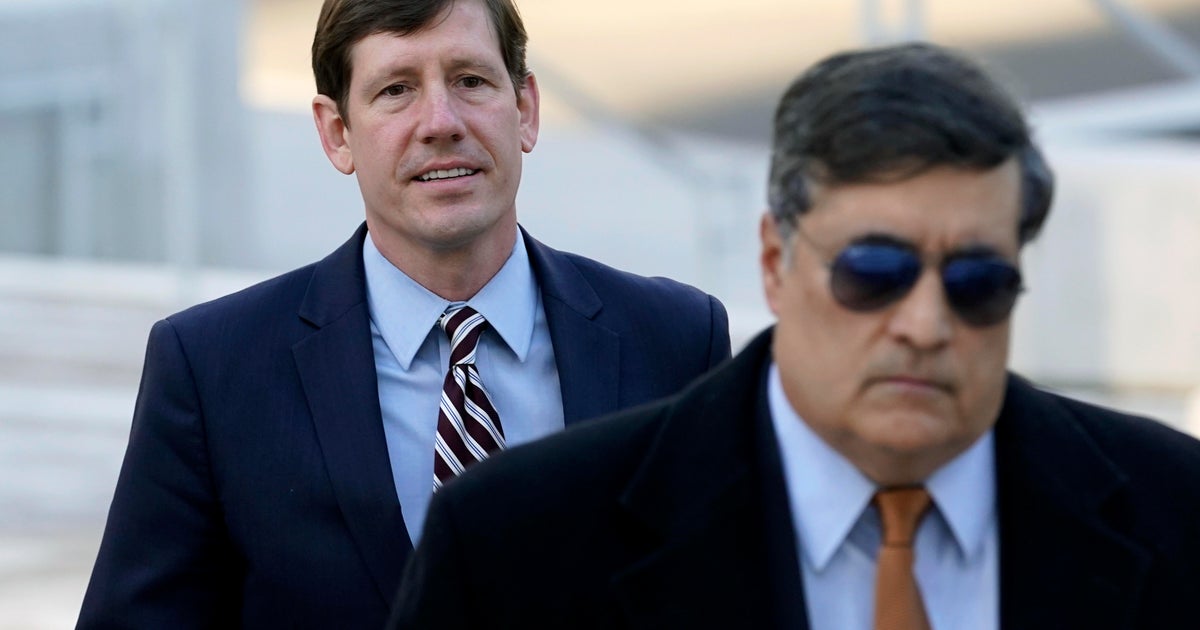Kushner meets with Netanyahu after prime minister calls for new elections
Jared Kushner, President Trump's son-in-law and senior adviser, met with Israeli Prime Minister Benjamin Netanyahu Thursday. Kushner has spearheaded the administration's Middle East policy, including negotiations for a peace plan with Israel and Palestine.
Kushner's visit comes the day after Netanyahu, having failed to form a government, dissolved parliament and called for new elections in September. In April, Netanyahu won a historic fifth term as prime minister but failed to form a coalition government because of the opposition of Avigdor Lieberman, his faction.
According to the Jerusalem Post, Kushner did not mention the political situation in Israel to reporters, saying on Thursday, "We are very excited about all the potential that lies ahead for Israel, the relationship and the region."
Netanyahu obliquely referred to the crisis.
"We had a little event last night. That's not going to stop us. We're going to continue working together. We had a great, productive meeting, which reaffirms that the alliance between the USA and Israel has never been stronger, and it's going to get even stronger," Netanyahu said.
Mr. Trump told reporters on Thursday that it was "too bad" about the situation in Israel and called Netanyahu a "great guy."
"That is too bad. Because they don't need this -- I mean, they've got enough turmoil over there, it's a tough place. I feel very badly about that," Mr. Trump said.
The instability in Israel further imperils any potential peace plan, since the Israeli election will be in a few months, and the U.S. presidential election will be heating up. Mr. Trump is a staunch ally of Netanyahu and has made political decisions that may have boosted the prime minister leading up to last month's election, like recognizing the disputed Golan Heights as being under Israeli sovereignty.
"The president of the United States and the president of Russia basically endorsed Netanyahu," Barak Ravid, a political analyst at Israel's Channel 13, told CBS News shortly before the election in April.
He said Netanyahu was tried fire up his base by announcing he'd annex West Bank settlements, which most of the world considers occupied territory.
"What Netanyahu saw is that after President Trump recognized Israeli sovereignty in the Golan Heights, he understood that he has the possibility now to do something similar in the West Bank," Ravid said.




